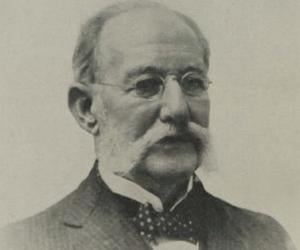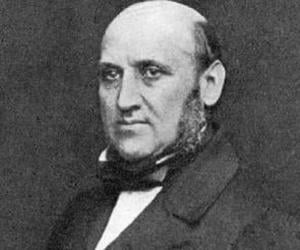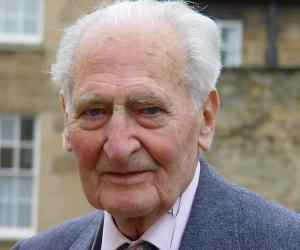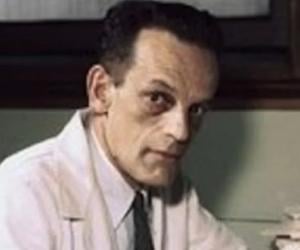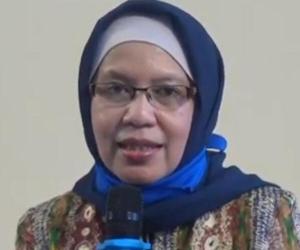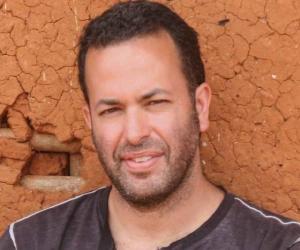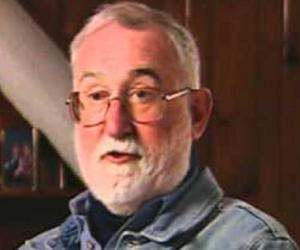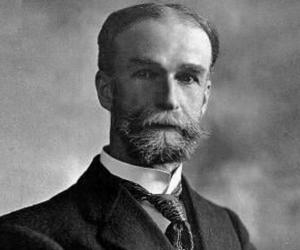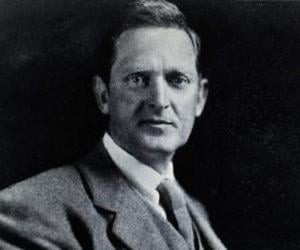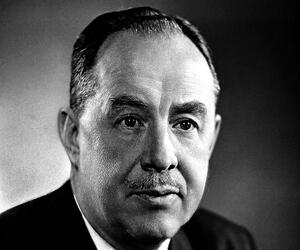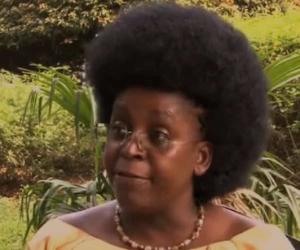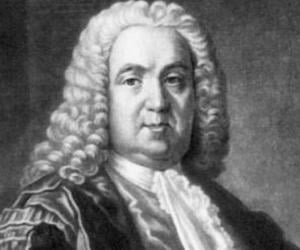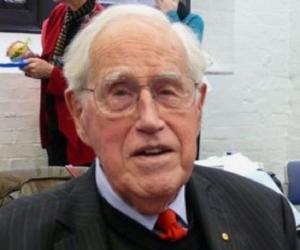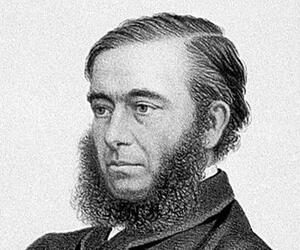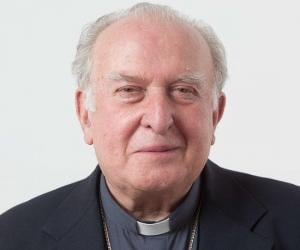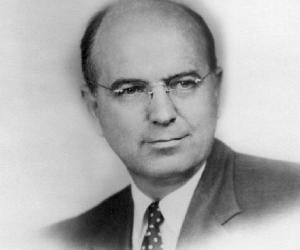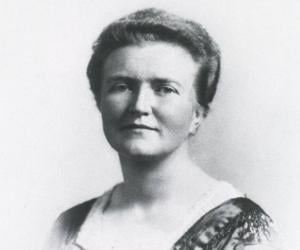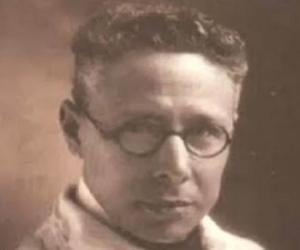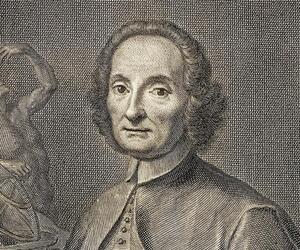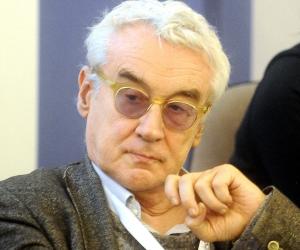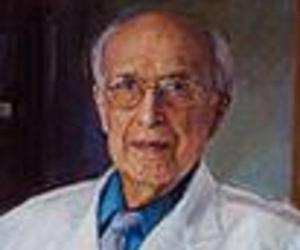1
Donald Henderson
(Medical Doctor)

23
3
Birthdate: September 7, 1928
Sun Sign: Virgo
Birthplace: Lakewood, Ohio, United States
Died: August 19, 2016
Donald Ainslie Henderson was a distinguished American medical doctor, educator, and epidemiologist who led the successful global eradication of smallpox from 1967 to 1977. He later became the Dean of the Johns Hopkins School of Public Health and played a crucial role in establishing national public health preparedness programs. Henderson held esteemed positions in academia until his passing, serving as Professor and Dean Emeritus at the Johns Hopkins Bloomberg School of Public Health and as a Distinguished Scholar at the UPMC Center for Health Security.
